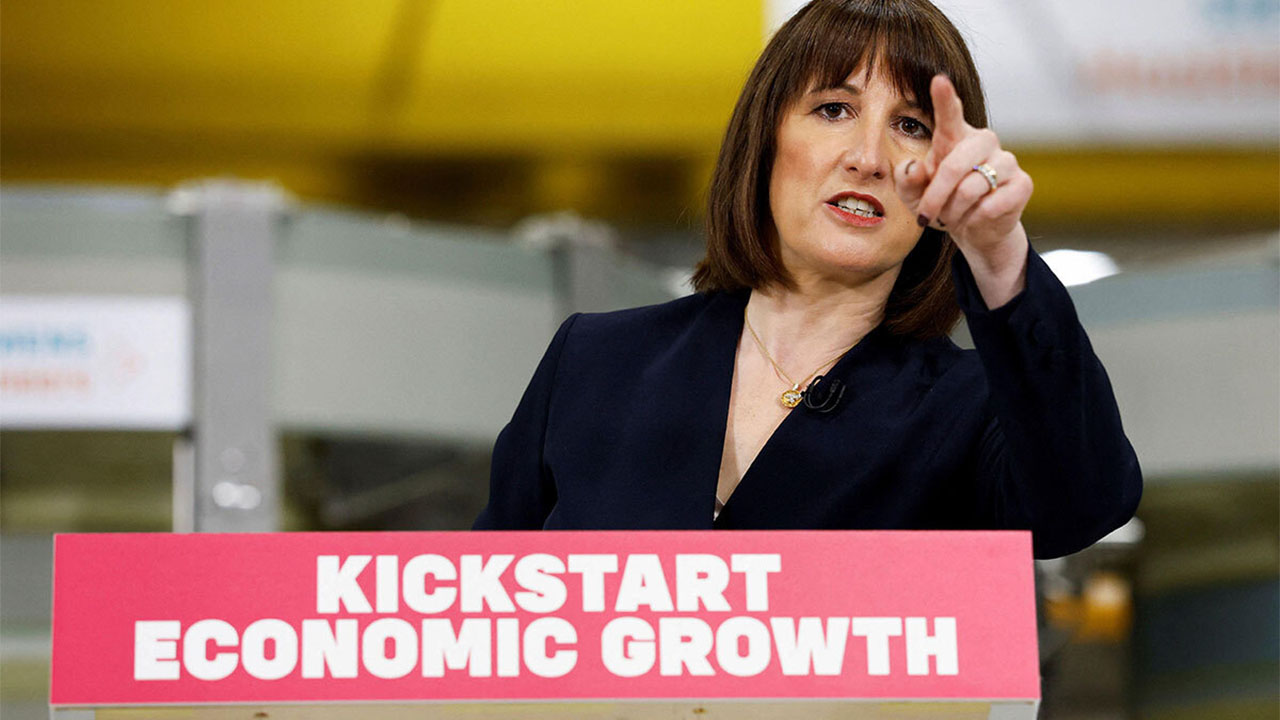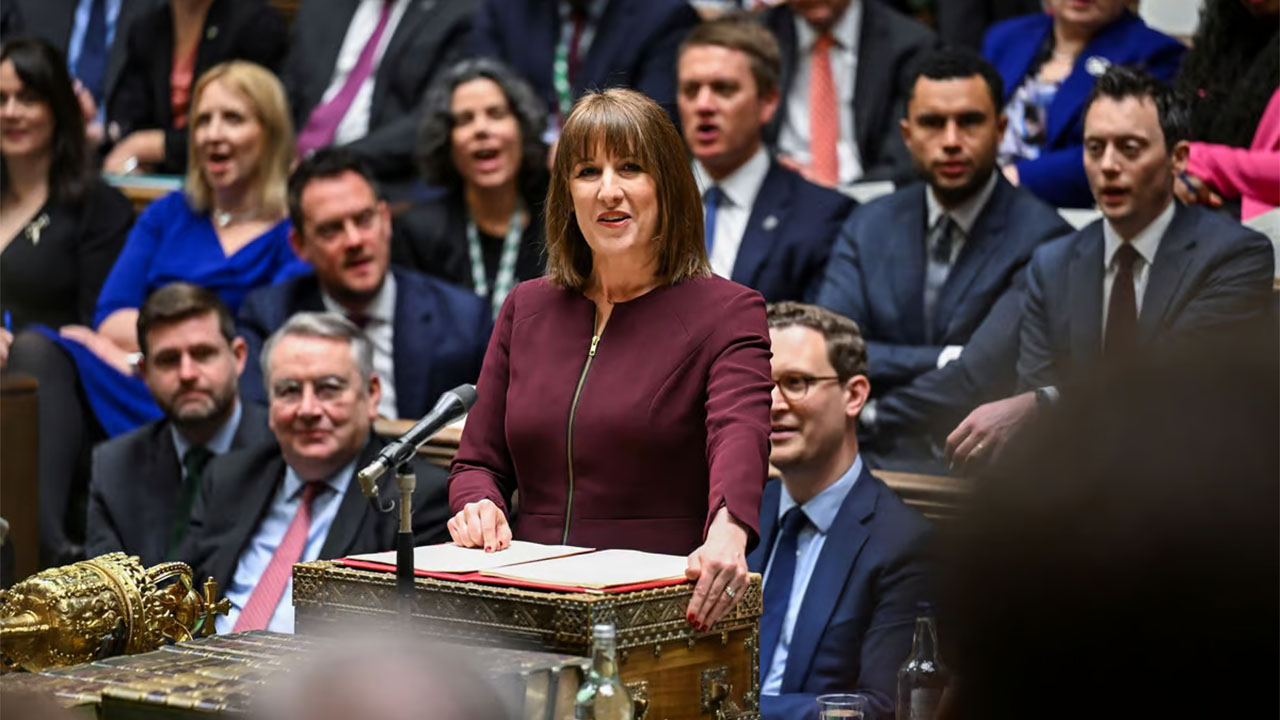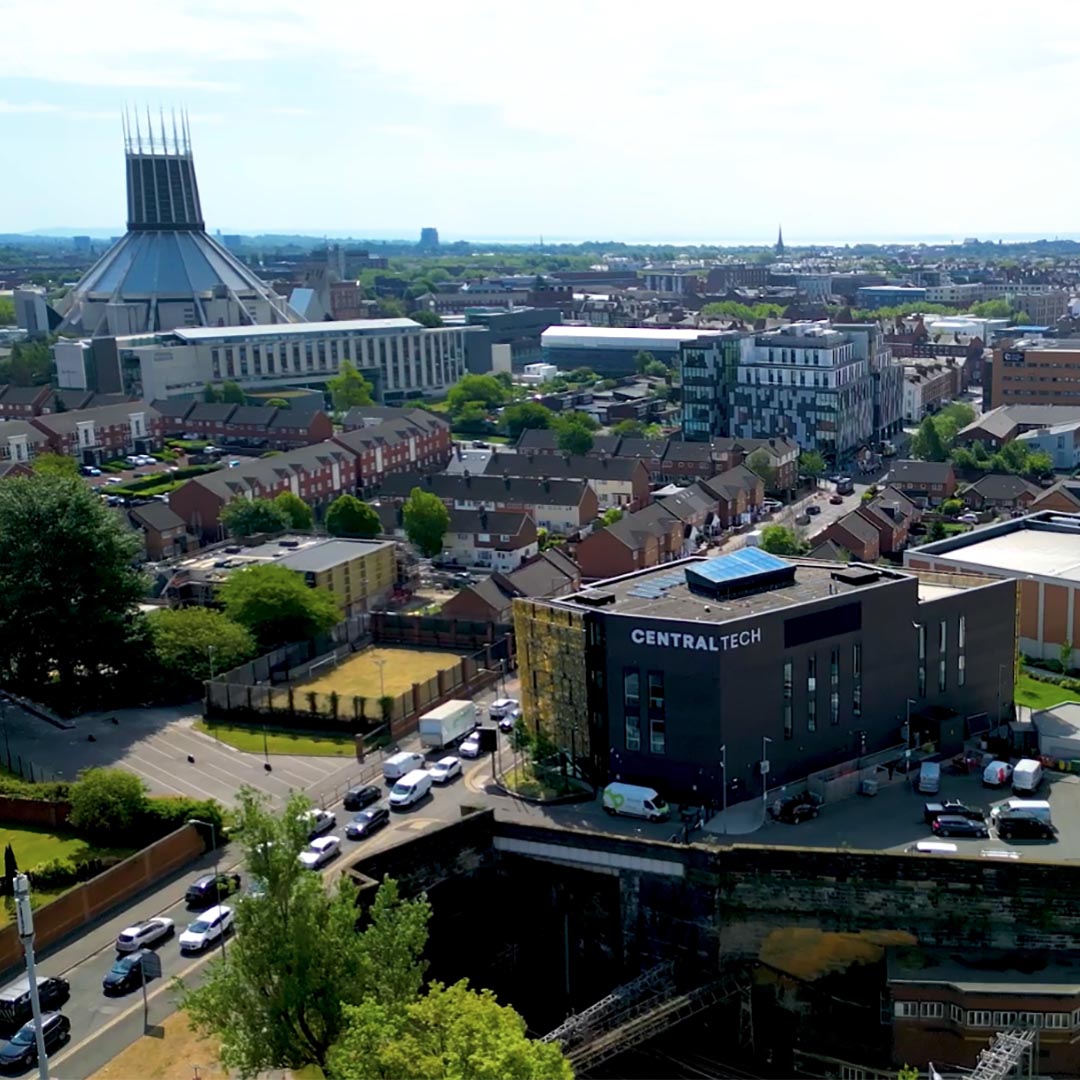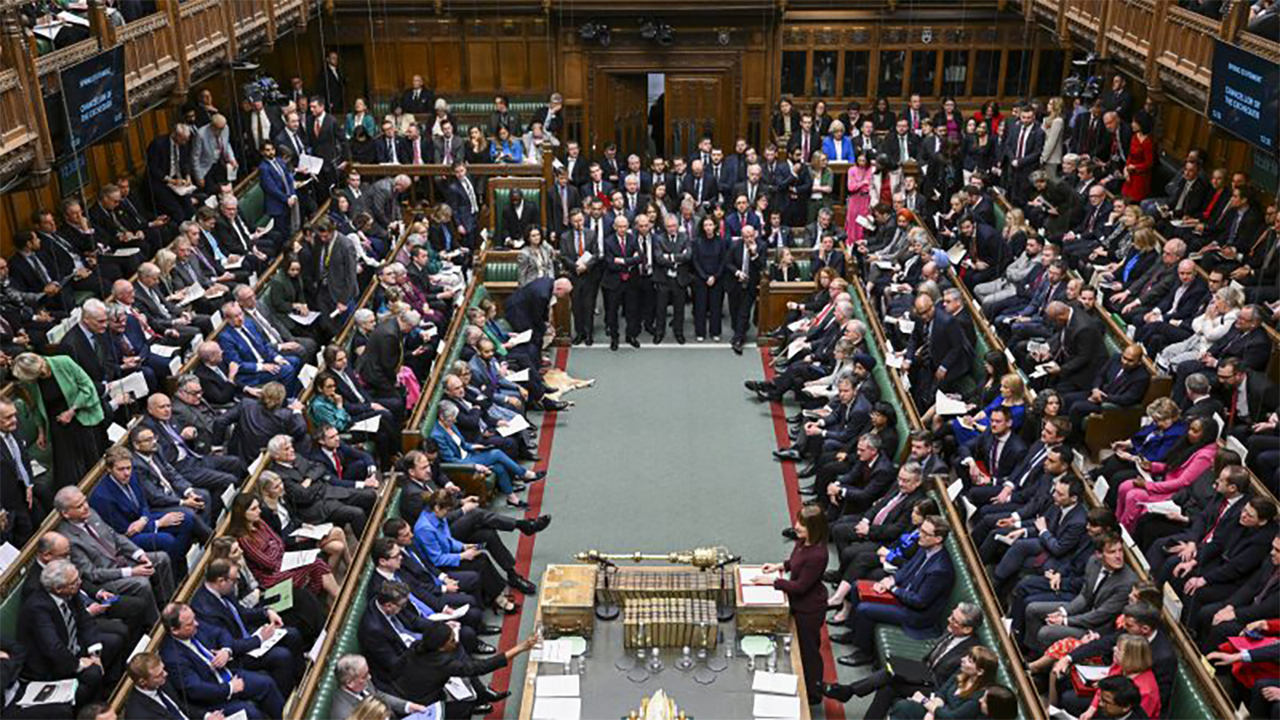At first glance, a wealth tax sounds like a silver bullet. Tax the richest in society—those with the biggest houses, the fattest portfolios, the most enviable lifestyles—and redistribute that money to fund public services. It’s a seductive idea for politicians seeking easy headlines and for those who believe economic growth is a zero-sum game.
But here’s the uncomfortable truth: a wealth tax would do exactly the opposite of what its advocates promise. It wouldn’t level the playing field. It wouldn’t turbocharge public finances. Instead, it would choke off investment, drive away talent and capital, and ultimately leave the Treasury with less money to spend, not more.
At Downtown in Business, we work with entrepreneurial leaders, job creators, and wealth generators across the UK’s major cities. These are the people taking risks, growing businesses, and creating the tax base our public sector depends on. They know first-hand that economic success relies on confidence, stability, and a government that understands that wealth creation—not wealth punishment—is the route to prosperity.
A wealth tax sends a clear signal to investors: success will be penalised. Capital is mobile, and so are the people who own it. The UK already faces stiff competition from dynamic economies like Ireland, Singapore, and the UAE. Introduce a punitive wealth tax here and watch as entrepreneurs, innovators, and high-net-worth individuals relocate to friendlier jurisdictions.
This isn’t theory. France introduced a wealth tax in 1982. By 2017, President Macron scrapped it after years of capital flight and an exodus of 42,000 millionaires. The French treasury lost more revenue than the tax ever raised. And here’s the kicker: economic growth slowed, leaving ordinary workers worse off.
Wealth taxes rarely deliver the bounty politicians promise because most wealth isn’t sitting in cash—it’s tied up in businesses, properties, and assets. Forcing people to liquidate those to pay annual charges risks destabilising markets and shrinking the overall pie. As asset values fall, so too do receipts from other taxes like capital gains and stamp duty.
Worse still, a wealth tax undermines incentives to save and invest. If people know that accumulating assets will bring future penalties, why build businesses? Why innovate? Why stay in Britain at all?
There is a smarter approach. If the goal is to raise revenue and fund vital public services, history shows us what works – growth- which is supposedly Labour’s key ambition. Dynamic economies generate more tax receipts through income tax, corporation tax, and VAT without the need for punitive new levies. The UK needs to double down on policies that attract capital and talent: competitive tax rates, pro-business regulation, and investment in infrastructure and skills.
Politicians also need to confront the hard truth that public sector reform—not just ever-higher taxation—is key to sustainable funding of our services.
A wealth tax may play well on a Twitter feed, but it is the proclamation of the worst type of gesture politics. In the real world, it’s a policy that would damage Britain’s competitiveness, drive away investment, and ultimately leave the Treasury—and the country—poorer.
At Downtown in Business, we say it’s time to champion policies that reward ambition, attract wealth creators, and deliver the growth Britain desperately needs. Penalising success is not the way to achieve prosperity. If the Chancellor is in any doubt as to how businesses react to unexpected tax increases, she need only reflect on the impact her National Insurance increase has had. Business closures, redundancies, and a freeze on recruitment.
If Rachel Reeves wants her growth agenda to get back on track – she should rule out a wealth tax now.














